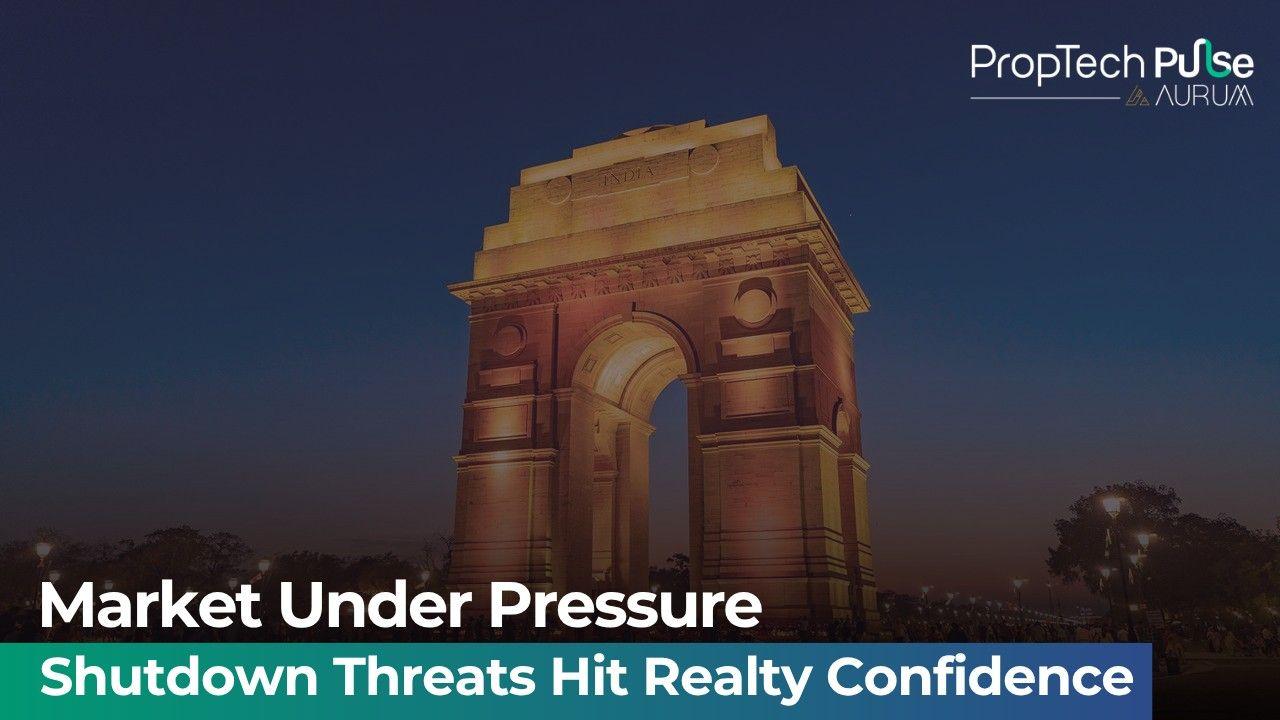
Understanding the Fallout
As political uncertainty deepens, the commercial real estate sector braces for turbulence. The potential for a government shutdown has intensified concerns, disrupting investment decisions and altering market behaviour across major urban and financial hubs. Experts warn that prolonged instability could undermine investor confidence and slow transaction momentum nationwide.
Investment Hesitation
Investors are increasingly adopting a cautious stance. The shadow of a government shutdown may delay new projects, partnerships, and acquisitions. Heightened market anxiety could also pressure property valuations, prompting owners and developers to reassess their short-term strategies and liquidity management.
Waiting for Stability
Institutional investors and venture capital firms are likely to pause or defer funding commitments until there’s clarity on fiscal and regulatory outcomes. This cautious sentiment creates a ripple effect—stalling commercial projects, slowing renovations, and impacting employment across construction and allied sectors.
Government Lease Dynamics
The situation is further complicated by uncertainty around government leases. Real estate managers must prepare for delayed payments, extended negotiations, and potential vacancies. Such volatility can directly affect occupancy rates in prime business districts and long-term asset planning.
Overall Market Outlook
In assessing the broader picture, analysts suggest that even a short-term shutdown could have lasting consequences on liquidity, investor sentiment, and sectoral growth. Maintaining adaptability and monitoring policy developments will be critical for stakeholders in the commercial property market as they navigate the months ahead.
Enjoyed this update? Visit PropTech Pulse for more real estate news and market insights.Unlock the Latest in Real Estate
News, Infographics, Blogs & More! Delivered to your inbox.
“Data that drives action. Insight that inspires action. Technology that empowers action.“
“Data that drives action.
Insight that inspires action.
Technology that empowers action.“









